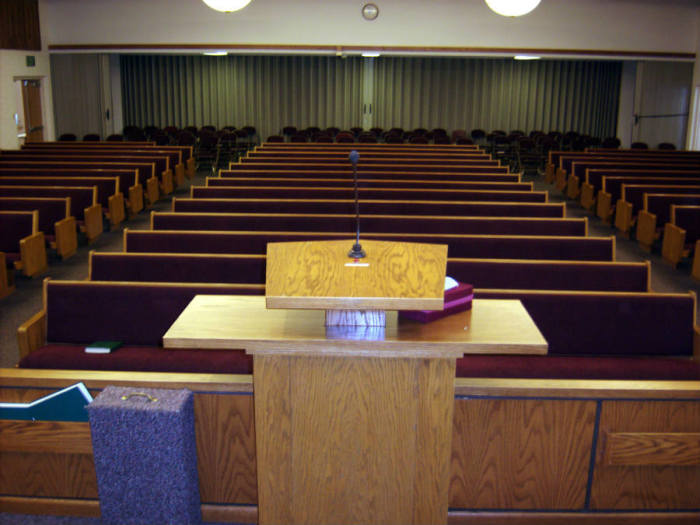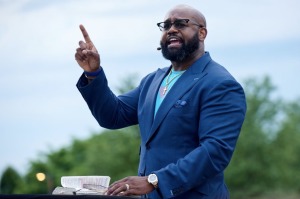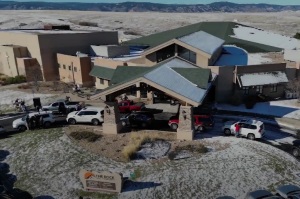Most Americans do not consult clergy when making major decision, AP poll finds

A majority of Americans, even those who regularly attend worship, do not seek the counsel of faith leaders when they make major life decisions, according to a recent report by the Associated Press.
According to a new survey released Monday by The Associated Press-NORC Center for Public Affairs Research, three-quarters of U.S. adults rarely or never consult religious leaders when making decisions.
Of the respondents, 49 percent said they never consult a faith leader when making a major decision, 26 percent said they rarely consult a faith leader, while 24 percent said they often or sometimes consult a faith leader.
Among the named surveyed groups, evangelical Protestants were the most likely to consult a faith leader, with 47 percent saying they often or sometimes consult with a religious leader, versus 30 percent rarely doing so, and 22 percent never doing so.
Mainline Protestants were much lower, with 20 percent saying they often or sometimes seek guidance, 30 percent saying they rarely seek guidance, and 49 percent saying they never seek guidance.
Among the religiously unaffiliated, 80 percent said they never seek guidance from a faith leader, while 16 percent said they rarely do so, and 4 percent said they sometimes or often do so.
Tim O’Malley, theology professor at Notre Dame University, explained to AP that he believed modern technology was likely a major factor in this trend.
“In American life, there has ultimately been a broad rejection of ‘experts’ apart from the person searching for the answer on his or her own,” said O’Malley.
“Think about the use of Google. You can literally Google anything. Should I have children? What career should I have? When should I make a will? How do I deal with a difficult child?”
O’Malley added that a person “can find the information more easily through a search engine than finding a member of a clergy.”
The AP-NORC Center poll drew from a national poll taken May 17-20, with a sample space of 1,137 adults and a margin of error of plus or minus 4.1 percentage points.
Last December, Gallup released a poll showing that only 37 percent of Americans had a "very high" or "high” opinion of the honesty and ethical standards of clergy. This was the lowest score since Gallup started asking the question in 1977.
Gallup noted that the 37 percent "very high" or "high" score for clergy is the lowest since it began asking the question in 1977. The historical high of 67 percent occurred back in 1985, and the score has been dropping below the overall average positive rating of 54 percent since 2009.
"The public's views of the honesty and ethics of the clergy continue to decline after the Catholic Church was rocked again this year by more abuse scandals,” explained Gallup last year.





























